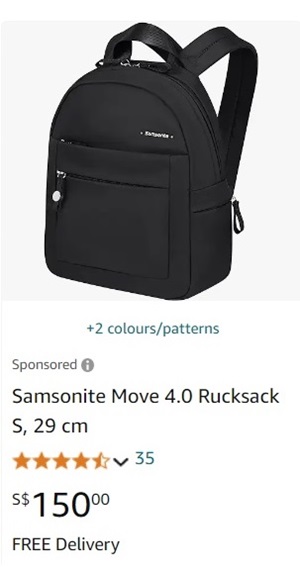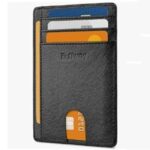Backpacks
Travel backpacks are essential for a variety of travelers, from backpackers and hikers to business travelers and city explorers. The needs for a travel backpack generally revolve around comfort, functionality, durability, and security. Here’s a breakdown of the key needs when choosing and using a travel backpack:
1. Size and Capacity:
- Appropriate Capacity: The size of the backpack should align with the length of the trip and the type of items you plan to carry. For weekend trips, a 20-30L backpack may suffice, while longer trips might require a 40-60L pack. It’s important to choose a size that meets airline carry-on regulations if you intend to use it as cabin luggage.
- Expandable Compartments: Some travelers prefer backpacks with expandable sections, allowing for additional space when needed. This is particularly useful for those who might acquire items during their travels.
2. Organization and Accessibility:
- Multiple Compartments: A good travel backpack should have multiple compartments to help organize belongings. This includes separate sections for clothing, electronics, toiletries, and small accessories. Some backpacks even feature dedicated compartments for laptops, tablets, or water bottles.
- Quick Access Pockets: Pockets that allow easy access to frequently used items, such as passports, wallets, or travel documents, are highly valuable. Top-loading, side-loading, or front-loading options help users access their items without unpacking the entire bag.
3. Comfort and Fit:
- Ergonomic Design: Comfort is critical, especially for long trips. Padded shoulder straps, a well-padded back panel, and an adjustable hip belt help distribute weight evenly and reduce strain on the back and shoulders.
- Breathability: For those traveling in warm climates or engaging in physical activities, breathable materials and ventilation channels on the back panel can help prevent overheating and sweating.
- Adjustable Straps: A backpack with adjustable shoulder, chest, and waist straps allows for a customized fit, improving comfort and stability during travel.
4. Durability and Material:
- High-Quality Materials: Travel backpacks should be made from durable materials such as nylon or polyester that can withstand the rigors of travel. Water-resistant or waterproof materials are also crucial for protecting belongings from rain or spills.
- Reinforced Stitching: Reinforced stitching, particularly in high-stress areas like straps and zippers, ensures the backpack can handle heavy loads and rough handling.
5. Security Features:
- Lockable Zippers: Zippers that can be locked with a small padlock add an extra layer of security, helping to protect valuables from theft.
- Hidden Pockets: Hidden or anti-theft pockets are ideal for storing important items like passports, money, or credit cards, reducing the risk of pickpocketing.
- RFID Protection: Some backpacks come with RFID-blocking compartments to protect against electronic theft of personal information from credit cards or passports.
6. Versatility:
- Convertible Designs: Some backpacks can convert into duffel bags or have detachable daypacks, providing versatility for different travel scenarios.
- Compatibility with Accessories: Compatibility with travel accessories, such as hydration packs, luggage straps, or external attachment points for gear like sleeping bags, increases the backpack’s functionality for various types of trips.
7. Aesthetics and Style:
- Personal Preference: While functionality is key, many travelers also consider the aesthetic appeal of the backpack. Style, color, and brand reputation can play a role in the selection process.
8. Weight:
- Lightweight Construction: The backpack itself should be lightweight, allowing travelers to maximize their packing capacity without exceeding weight limits or becoming uncomfortable to carry.
Conclusion:
A travel backpack should cater to the specific needs of the traveler, providing a balance between capacity, comfort, durability, and security. By considering these factors, travelers can ensure they choose a backpack that enhances their travel experience, whether for short trips or extended journeys.







